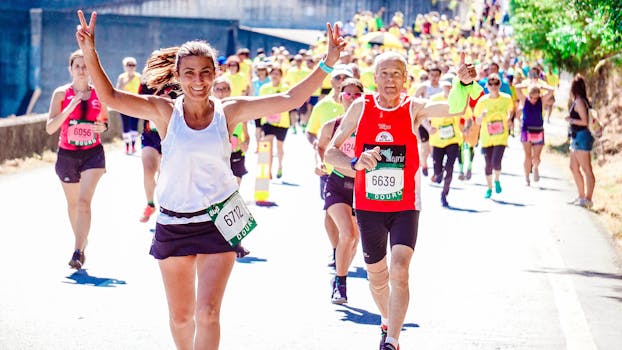
Introduction
For years, runners have relied on tracking devices and apps to monitor their speed, distance, and performance. From GPS watches to smartphone apps, the running community has embraced data. However, a surprising movement is now gaining momentum: running without tracking.
Why Are Runners Ditching Their Devices?
- Mental Freedom: Ditching devices allows runners to focus on the pure joy of movement, instead of being distracted by statistics.
- Reduced Pressure: Many runners say they feel less pressure to meet certain goals or compare their performances with others when they run without tracking.
- Connection with Nature: Leaving technology at home encourages a more mindful, present experience in nature.
- Combating Data Fatigue: Constantly monitoring metrics can become exhausting. Taking a break from data can be refreshing and motivating in a different way.
Potential Drawbacks
While running without tracking is liberating for some, others might miss the motivation and improvement that come from seeing their progress. For competitive runners, going device-free isn’t always practical.
How to Try It
- Start by running one or two device-free runs each week.
- Choose scenic routes where you can focus on your surroundings.
- Pay attention to your body and how you feel instead of the numbers.
Conclusion
Running without tracking is not about rejecting technology, but about finding balance. For many, it offers a chance to reconnect with why they love running in the first place. Whether you try it occasionally or fully embrace the trend, it’s all about enjoying the run on your own terms.
Comments
Post a Comment